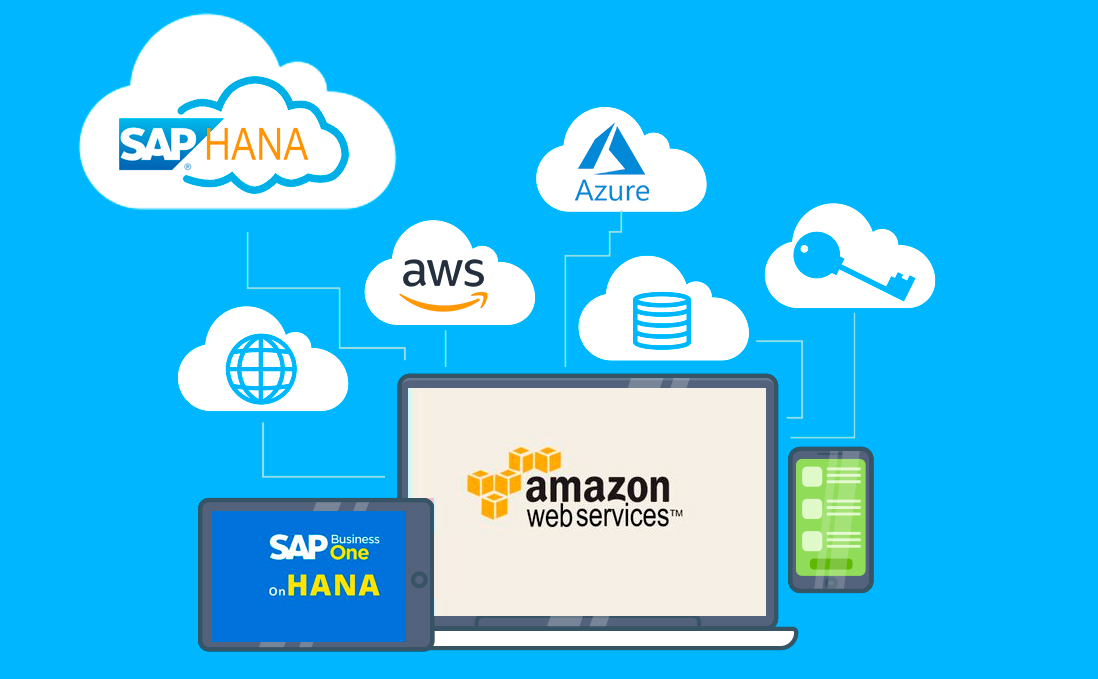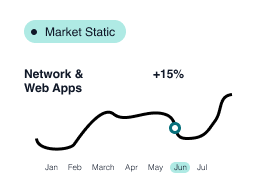SAP on HANA Architecture
SAP HANA is an in-memory database that stores and processes data in RAM, enabling faster query responses and real-time analytics. This approach simplifies IT landscape, reduces redundancy, enables complex analytical operations, and enhances SAP applications' performance, enabling a seamless user experience.
SAP on HANA Cloud Deployment
Cloud computing has revolutionized how businesses operate and manage their IT infrastructure. By leveraging cloud services, companies can scale their resources on-demand, minimize infrastructure costs, and focus on core business objectives. The cloud is an ideal platform for deploying SAP on HANA, as it offers flexibility and accessibility.
Benefits of Cloud Deployment for SAP on HANA
When deploying SAP on HANA on the cloud, businesses gain the advantage of not having to invest heavily in hardware and maintenance. Additionally, cloud platforms provide high availability and redundancy, ensuring continuous access to critical business applications. Both AWS and Azure offer robust cloud infrastructure suitable for hosting SAP on HANA.
AWS (Amazon Web Services) for SAP on HANA
Amazon Web Services (AWS) is a leading cloud service provider, offering a wide range of services to cater to different business needs. AWS provides dedicated instances optimized for SAP HANA, allowing businesses to harness the full potential of in-memory computing.
Azure (Microsoft Azure) for SAP on HANA
Microsoft Azure is another major player in the cloud market, providing a comprehensive suite of cloud services. For SAP on HANA deployment, Azure offers specialized VM sizes tailored to support HANA workloads efficiently.
Migrating SAP to HANA on AWS & Azure
Before migrating SAP to HANA on AWS, a thorough assessment of the existing infrastructure and data is necessary. Proper planning and understanding of dependencies are crucial for a successful migration.

Licensing Options for SAP on HANA
Licensing for SAP on HANA can vary based on factors such as deployment type, user count, and the edition of SAP applications being used. It's essential to understand the licensing model that aligns with business requirements.
Data Security Measures
SAP on HANA deals with sensitive business data, ensuring robust data security measures is paramount. Encryption, access controls, and regular audits are essential components of a comprehensive security strategy.
Disaster Recovery Options
Having a disaster recovery plan in place ensures business continuity in the face of unexpected events. AWS and Azure offer disaster recovery solutions tailored to SAP on HANA workloads.
Successful Implementations on AWS & Azure
Examining real-world case studies of successful SAP on HANA implementations on AWS & Azure provides insights into best practices and potential challenges.






